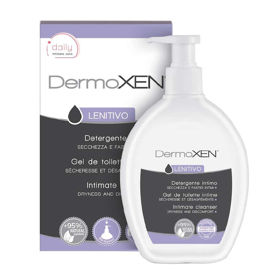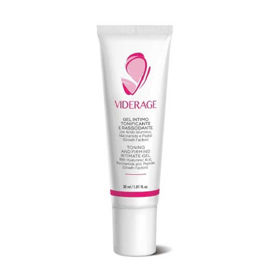Customer question:
What could be causing an itchy vagina? Anonymous customer's question
Pharmacist's answer:
Here are some possible causes of an itchy vagina:
- Infections: a fungal infection, most often with the yeast Candida albicans, can cause itching and irritation of the vaginal area. Itching can also be caused by an imbalance of bacteria in the vagina or bacterial vaginosis.
- Sexually transmitted infections: chlamydia, gonorrhea, and trichomoniasis can cause itching and discomfort in the vagina.
- Allergic reactions: allergies to detergent or intimate products that may contain ingredients that cause allergic reactions. If you use condoms or other latex products, allergic reactions can also occur.
- Dryness of the vaginal mucosa: the decrease in estrogen levels during menopause can cause vaginal dryness and associated itching.
- Other skin conditions: Skin conditions such as psoriasis or eczema can affect the genital area.
- Stress and Psychological Factors: Psychological factors, including stress and anxiety, can affect overall genital health.
- Diabetes: Diabetes can increase the risk of fungal infections, which further cause itching.
- Hormonal changes: pregnancy, menstruation, or other hormonal changes can affect the sensitivity of the vaginal area.
- Other causes: long-term use of antibiotics can affect the natural balance of bacteria in the vagina, increasing the risk of infections.
If you have problems with an itchy vagina, consult your doctor or gynecologist. Self-diagnosis and self-treatment may not always be effective, so seeking professional advice for accurate diagnosis and appropriate treatment is essential.
How can I relieve itching in the vaginal area?
If you experience itching in the vaginal area, some measures can help reduce the discomfort. However, it is essential to note that it is best to consult your doctor or gynecologist if the itching is persistent or occurs regularly.
Below are some general tips to relieve itching:
- Maintaining cleanliness: do not use strong soaps or intimate gels, which can irritate sensitive skin. Avoid scented hygiene products and washing powders for underwear.
- Wearing breathable underwear: wear cotton underwear that allows the skin to breathe, and avoid tight or synthetic underwear.
- Avoidance of irritants: stop using aggressive products such as deodorants or air fresheners that can irritate sensitive skin.
- Cold compresses: apply a cold compress to the affected area to temporarily relieve itching.
- Avoid rubbing and scratching: try to avoid rubbing or scratching the affected area, as this can worsen the condition.
- Moisturizer: use a mild, intimate moisturizer without fragrance or dyes for sensitive skin.
- Dietary changes: drink enough fluids to keep your body hydrated and eat foods rich in omega-3 fatty acids, such as fish, nuts, and seeds, which can help keep your skin healthy.< /li>
- Clothing changes: wear loose clothing that does not rub or irritate the skin.
Interesting reading: Dry mouth only at night
Interesting reading: Hives in a child











